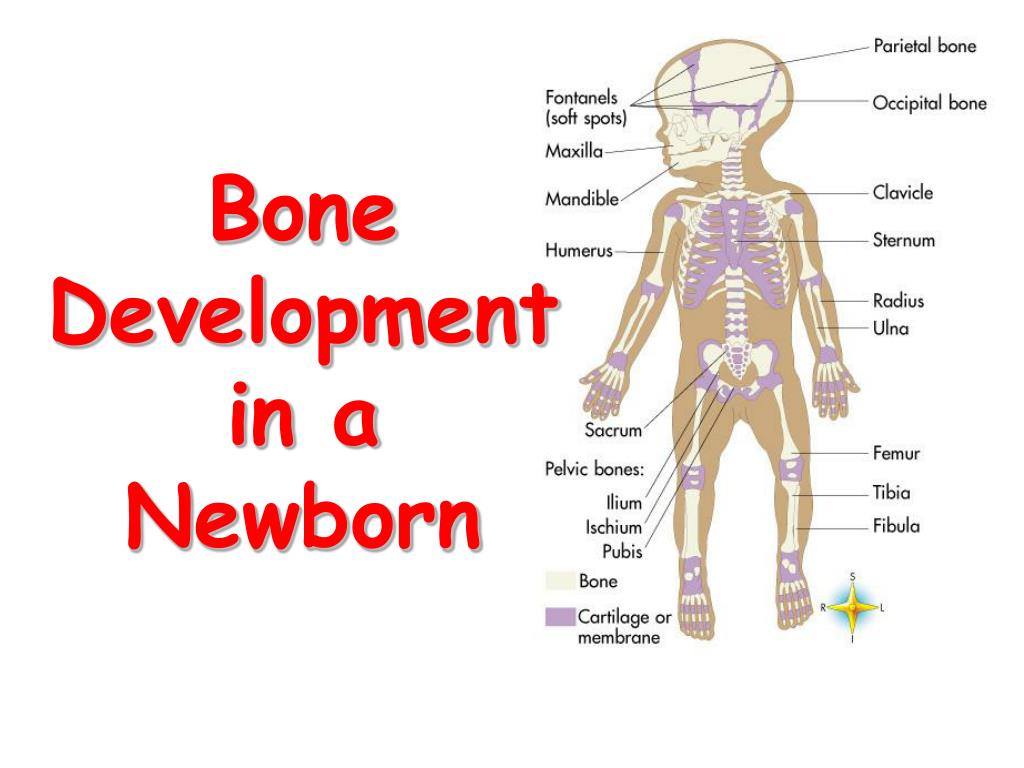 Source: bing.com
Source: bing.comAs new moms, we always want to make sure that our babies are healthy and developing properly. One crucial aspect of infant health is the development of bones. Babies’ bones are growing and changing rapidly during their first year. Understanding the baby bone development process is important to ensure that our little ones have strong and healthy bones to support them throughout their lives.
Table of Contents
What Happens During the Baby Bone Development Process?
The process of bone development begins during the fetal stage. At this stage, the baby’s skeleton is made up of cartilage, which gradually transforms into bone over time. At birth, a baby’s skeleton consists of approximately 300 bones, which will eventually fuse together to form the 206 bones found in adult humans.
During the first year of life, a baby’s bones undergo rapid growth and mineralization. Bones require calcium and phosphorus to grow and become strong. Babies obtain these minerals from breastmilk or formula. As babies grow, their bodies start to absorb calcium and phosphorus from the food they eat.
Bones also require physical stress to grow and become strong. This is why it’s important for babies to have plenty of tummy time, which helps strengthen their neck, shoulder, and upper body muscles. Crawling and walking also play a crucial role in bone development, as they help strengthen the lower body muscles and promote weight-bearing on the legs.
Factors That Affect Baby Bone Development
Several factors can affect the baby bone development process. Genetics play a significant role, as bone structure and density are inherited from parents. Additionally, a baby’s overall health can impact bone development. Premature birth, low birth weight, and certain medical conditions can all affect bone development in infants.
Nutrition is also a critical factor. Babies who are not getting enough calcium and phosphorus may experience delayed bone development, weaker bones, and an increased risk of fractures. Vitamin D is also essential for strong bones, as it helps the body absorb calcium. Babies who are not exposed to enough sunlight or who are exclusively breastfed may need a vitamin D supplement to ensure adequate levels.
How to Support Baby Bone Development
There are several ways parents can support their baby’s bone development:
- Ensure that your baby is getting enough calcium and phosphorus through breastmilk, formula, and later on, through solid foods.
- Make sure your baby gets adequate exposure to sunlight or consider giving them a vitamin D supplement.
- Encourage plenty of tummy time, crawling, and walking to promote physical stress on the bones.
- Avoid placing unnecessary stress on your baby’s bones, such as forcing them to walk too early or allowing them to jump on hard surfaces.
- Consult with your pediatrician if you have concerns about your baby’s bone development.
The Bottom Line
The baby bone development process is a crucial aspect of infant health. Bones grow and change rapidly during the first year of life and require adequate nutrition and physical stress to become strong and healthy. Parents can support their baby’s bone development by ensuring adequate nutrient intake, encouraging physical activity, and avoiding unnecessary stress on the bones. If you have concerns about your baby’s bone development, don’t hesitate to consult with your pediatrician.
Frequently Asked Questions About Baby Bone Development Process
Q: When do babies start to develop bones?
A: Bones begin to develop during the fetal stage, and the process continues throughout infancy and childhood.
Q: How many bones do babies have at birth?
A: Babies are born with approximately 300 bones, which will eventually fuse together to form the 206 bones found in adult humans.
Q: What role does nutrition play in baby bone development?
A: Adequate calcium, phosphorus, and vitamin D intake are essential for strong and healthy bones.
Q: What physical activities are beneficial for baby bone development?
A: Tummy time, crawling, and walking promote physical stress on the bones, which is necessary for growth and strength.
Q: What should I do if I have concerns about my baby’s bone development?
A: Consult with your pediatrician, who can assess your baby’s development and provide guidance on how to support their bone health.
